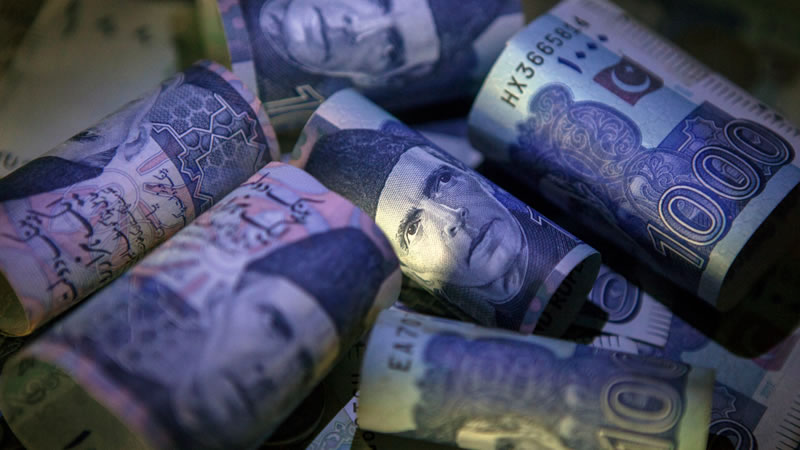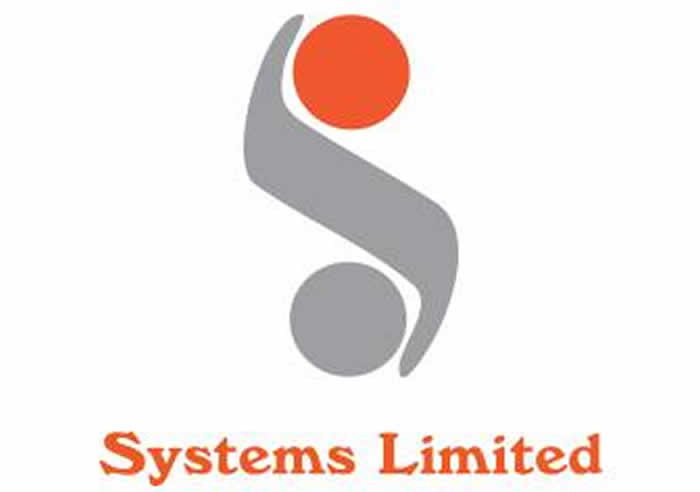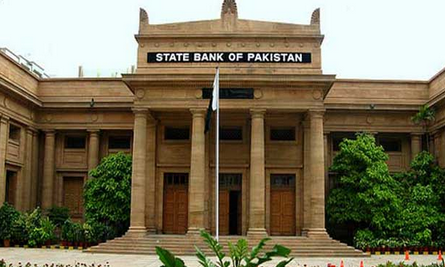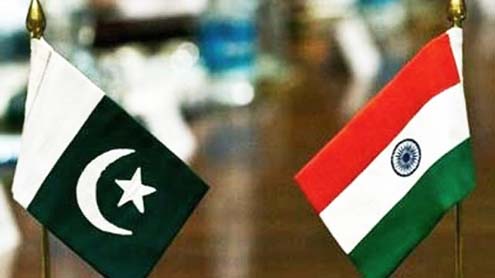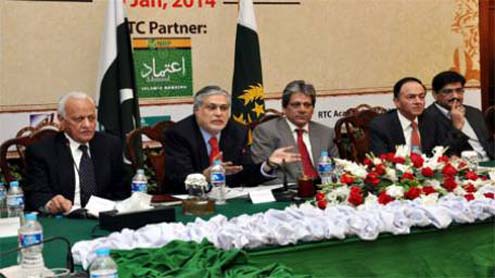 ISLAMABAD: Taxpayers’ money is used to run big industries and businesses, while common man’s home is auctioned if he defaults, remarked Chief Justice of Pakistan (CJP) Iftikhar Muhammad Chaudhry as the Supreme Court resumed the hearing of a suo motu case of written off bank loans.Justice Muhammad Sair Ali and Justice Ghulam Rabbani were the members of the three-judge bench. The State Bank of Pakistan (SBP) had waived off loans worth Rs 256 billion from 1971 to 2009.During Monday’s hearing, SBP’s counsel Iqbal Haider told the court that the SBP’s Circular BPD-29 was in accordance with the regional and international practices. He claimed that there was nothing wrong behind the concept of issuing BPD-29 but admitted that there could be faults in its implementation.The counsel said the court had to see whether the circular was used with a bona fide objective and was not misused. He said that in 2002, Rs 231 billion were stuck-up loans, therefore, the government had adopted a three-pronged strategy – first to issue the circular, second to form a committee for revival of sick units and third to strengthen the corporate sector. The government had, to overcome the issue of bad loans, sent the references of willful defaulters to the National Accountability Bureau (NAB), added the counsel.
ISLAMABAD: Taxpayers’ money is used to run big industries and businesses, while common man’s home is auctioned if he defaults, remarked Chief Justice of Pakistan (CJP) Iftikhar Muhammad Chaudhry as the Supreme Court resumed the hearing of a suo motu case of written off bank loans.Justice Muhammad Sair Ali and Justice Ghulam Rabbani were the members of the three-judge bench. The State Bank of Pakistan (SBP) had waived off loans worth Rs 256 billion from 1971 to 2009.During Monday’s hearing, SBP’s counsel Iqbal Haider told the court that the SBP’s Circular BPD-29 was in accordance with the regional and international practices. He claimed that there was nothing wrong behind the concept of issuing BPD-29 but admitted that there could be faults in its implementation.The counsel said the court had to see whether the circular was used with a bona fide objective and was not misused. He said that in 2002, Rs 231 billion were stuck-up loans, therefore, the government had adopted a three-pronged strategy – first to issue the circular, second to form a committee for revival of sick units and third to strengthen the corporate sector. The government had, to overcome the issue of bad loans, sent the references of willful defaulters to the National Accountability Bureau (NAB), added the counsel.
Justice Sair Ali said in many cases there was collusion between banks and borrowers, as bank officials themselves asked borrowers to stop paying the installments.Dr Pervaiz Hassan argued that the circular 29 was the valid regulation under Section 33B of the Banking and Companies Ordinance. He said the power to write-off loans was an inherent power available to all the banks under Section 196 of the Banking Companies Act. The BPD-29 only seeks to circumscribe that power, he contended. He informed the court that the ratio of non-performing loans had reduced from 25 percent to 10 percent. The hearing was adjourned until Tuesday (today). – Dailytimes




